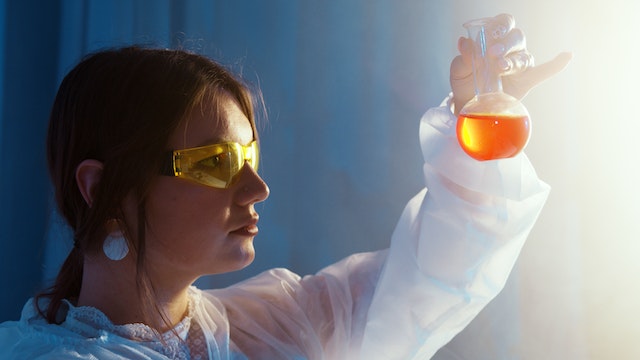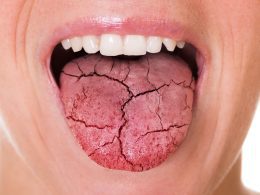While medical science has made tremendous progress in treating and even eradicating numerous diseases, there are still several conditions that remain incurable despite ongoing research efforts. Here are seven such diseases that continue to challenge the scientific community:
- Alzheimer’s Disease: Alzheimer’s is a progressive neurodegenerative disease that affects memory, thinking, and behavior. While there are treatments to manage symptoms, no cure exists to halt or reverse the disease’s progression.
- Parkinson’s Disease: Parkinson’s is a degenerative disorder of the nervous system that primarily affects movement. Although medications and surgical interventions can alleviate symptoms, no treatment can halt or cure the underlying disease process.
- Amyotrophic Lateral Sclerosis (ALS): ALS, also known as Lou Gehrig’s disease, is a progressive neurodegenerative disease that affects nerve cells responsible for controlling voluntary muscles. Despite extensive research, there is no cure for ALS, and treatment options mainly focus on managing symptoms and improving quality of life.
- HIV/AIDS: Human Immunodeficiency Virus (HIV) causes Acquired Immunodeficiency Syndrome (AIDS), a condition that weakens the immune system. While antiretroviral therapy can effectively control the virus, no cure currently exists. Ongoing research aims to develop strategies such as vaccines and gene therapies to eliminate the virus or achieve functional cure.
- Multiple Sclerosis (MS): MS is a chronic autoimmune disease in which the immune system mistakenly attacks the protective covering of nerve fibers in the central nervous system. Although various treatments can slow down the disease’s progression and manage symptoms, there is no known cure.
- Huntington’s Disease: Huntington’s is an inherited disorder that causes the progressive breakdown of nerve cells in the brain. It results in the deterioration of cognitive, motor, and psychiatric functions. Unfortunately, no cure exists for Huntington’s disease, and treatments are aimed at managing symptoms and providing supportive care.
- Prion Diseases: Prion diseases are a group of rare, progressive neurodegenerative disorders caused by abnormal proteins called prions. Examples include Creutzfeldt-Jakob disease (CJD) and variant CJD. These diseases have no cure and are often fatal. Treatment focuses on palliative care to alleviate symptoms.
It is important to note that scientific research is continuously advancing, and while these diseases currently lack a cure, ongoing efforts aim to understand their underlying mechanisms and develop effective treatments. The hope is that future breakthroughs will bring us closer to defeating these incurable diseases.












